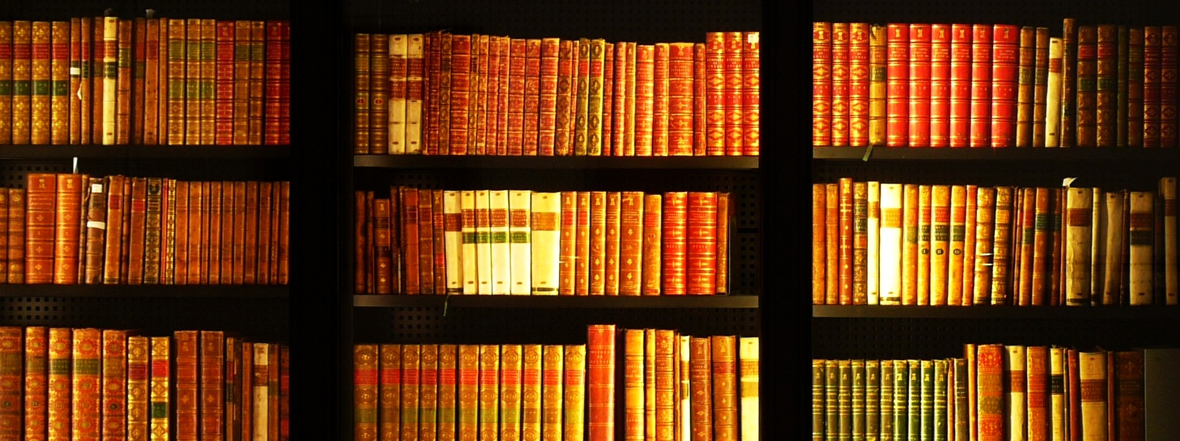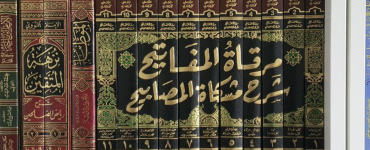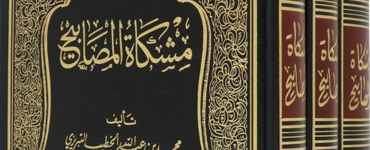An excerpt translated from the Dars-e-Tirmidhi of Mufti Muhammad Taqi Usmani.
It is essential to learn about the different authors who narrate many of their aḥādīth taʿlīqan. We shall cite a few here.
- Imām Ghazālī – He was a well-known scholar in many fields including kalām, spirituality, philosophy, and the principles of jurisprudence. Yet, when it came to the science of ḥadīth as he says in his own words:
بضاعتي في الحديث مزجاة
Hence, in his works, the majority of the aḥādīth are either weak, rejected or fabricated.Many scholars worked on his famous work, Iḥyā al-ʿUlūm’ by doing a takhrīj, like Ibn ʿIrāqī and ʿAllāmah Zabīdī (اتحاف السادة المتقين بشرح احياء علومالدين).
- Imām Ibn al-Jawzī – He was known to be quite harsh in grading aḥādīth, to the extent he would grade a ṣaḥīḥḥadīth as fabricated. However, the peculiar point here is, in his own works he was the other extreme, lenient. In his works like (تلبيس ابليس) and (ذمالهوى) as well as (التبصرة) he would mention rejected aḥādīth without commenting on them, hence relying on these aḥādīth would be incorrect.
- Ḥāfiẓ Mundhirī – It was famous about him that he would not transmit a weak ḥadīth unless he commented on it. This happened in all his works except the famous (الترغيب والترغيب) in which he used a unique methodology. If he trusted a narrator he would use the word (عن), and if he did not entirely trust him he would say (رويعن).
- Ḥāfiẓ Ibn Ḥajar – He was a famous master of this science, his works include Fatḥ al-Bārī and At-Talkhīṣ al-Ḥabīr. if he has not commented on aḥadīth then it is at least ḥasan.
- Imām Dhahabī – A huge pioneer of this field who was famous for always informing the reader of any weak narrations yet in his own work named (كتاب الكبائر) he cited many weak narrations.
- Imām Suyūṭī – Another amazing scholar in his own right, yet he was known to be very lenient and remiss when it came to narrating aḥādīth. Many scholars of ḥadīth have famously named him (حاطباليل). In many of his famous works like (الخصائص الكبرى) and (الدرالمنثور) and (الاتقان) he has mixed all types of aḥādīth.
In fact, in the beginning of, (الجامع الصغير)he mentions how they are no narrations from those narrators who are liars yet in this book as well in(اللآلئ المصنوعة) there are many fabricated narrations. There are two possible answers for this, perhaps he forgot and erred or his viewpoint on that particular narrator changed.
- Imām Ibn Taymiyyah – In regard to this science he was fairly strict, to the extent he would grade ṣaḥīḥ aḥādīth as weak. Ḥāfiẓ Ibn Ḥajar affirmed this further by saying that in (منهاج السنة) he has labelled many ṣaḥīḥ aḥādīth as ghayr ṣāliḥ lil iḥtijāj.
- Imām Ibn al-Qayyim – a student of Imām ibn Taymiyyah, yet the two could not be more different. Where the teacher was strict, the student was very lenient. Many times, he would talk about the importance of ṣaḥīḥ, yet he would classify weak narrations as mutawātir.
- Imām al-Qurṭubī – Regarding him the recent scholar Shaykh ʿAbd al-Fattāḥ has said that for every narration which is ṣāliḥ lil iḥtijāj (قابل استدلال) he would reference it, hence wherever there was no reference this was a sign that Imām al-Qurṭubī did not deem this sufficient as evidence.
- Imām Nawawī – He was a scholar who would take great precaution in this field. Generally, he would not cite a weak or semi-weak narration without commenting on it. However, his work (كتاب الاذكار) is an exception as there are weak narrations mentioned in this without any comments.
To summarise, the main topics that the scholars have found many weak or fabricated narrations are:
- (وعظ)
- (تصوف)
- (تاريخ)
- (سير)
- (علامات الساعة)
- (ابتداء الخلق)
- (تفسير)
Hence it is imperative that one stays cautious when coming across these topics.
– Translated by Students Of Jame’ah ‘Uloomul Qur’an (Leicester)






